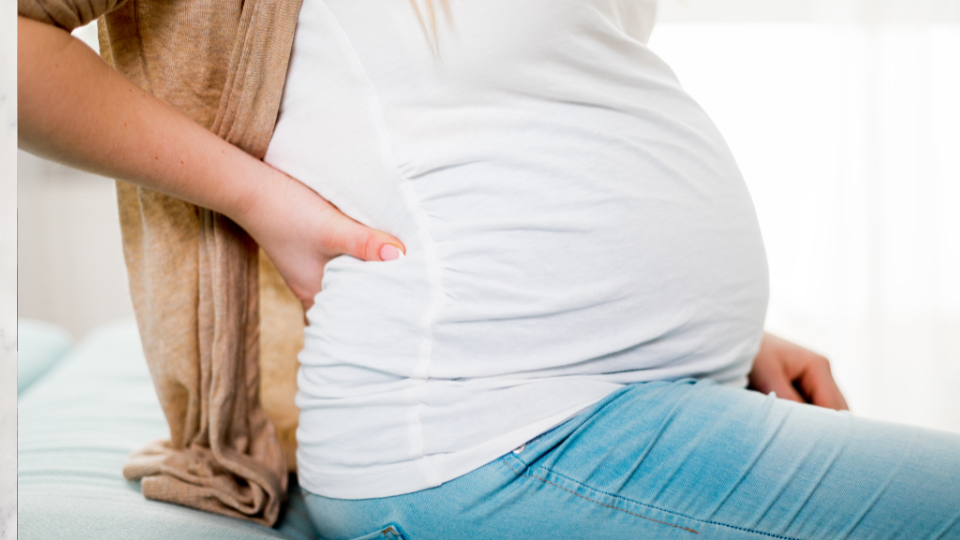Is It Safe to Eat Capers During Pregnancy?
During pregnancy, it’s natural to be cautious about your diet and to question the safety of certain foods. Capers, known for their unique, tangy flavor, are often used in dishes like salads, pasta, and sauces. But is it safe to eat capers during pregnancy? Let’s explore the potential benefits and risks to help you make an informed decision.
Nutritional Benefits of Capers
Capers, the small, pickled flower buds of the caper plant, offer several nutritional benefits:
-
Rich in Antioxidants: Capers are high in antioxidants like quercetin and rutin, which help combat oxidative stress and inflammation in the body.
-
Low in Calories: Capers are low in calories, making them a flavorful addition to your diet without contributing to excessive calorie intake.
-
Source of Vitamins and Minerals: Capers provide small amounts of essential vitamins like vitamin K and minerals such as iron and calcium.
-
Dietary Fiber: The fiber content in capers can aid digestion and support a healthy gut, which is important during pregnancy.
Can you eat capers during pregnancy?
First Trimester: Eating capers in moderation is generally considered safe during the first trimester. However, be cautious about high sodium content and ensure they are part of a balanced diet.
Second Trimester: In the second trimester, you can continue to eat capers in moderation. Ensure they are prepared and stored properly to avoid foodborne risks and maintain a balanced diet.
Third Trimester: During the third trimester, capers can be consumed in moderation. Pay attention to sodium intake and overall nutrition, and consult your healthcare provider if you have specific concerns or dietary needs.
Concern of Eating Capers During Pregnancy
While capers have health benefits, there are some probable risks to consider during pregnancy:
-
High Sodium Content: Capers are usually preserved in brine, making them high in sodium. Excessive sodium intake can lead to water retention, increased blood pressure, and other complications, which can be concerning during pregnancy.
-
Risk of Listeria: Although rare, there is a potential risk of Listeria contamination in improperly stored or preserved capers. Listeria is a bacteria that can cause severe illness in pregnant women and may lead to complications.
-
Allergic Reactions: Some people may have an allergy to capers, although this is uncommon. If you have a history of food allergies, it’s best to introduce capers cautiously and consult your healthcare provider.
-
Gastrointestinal Discomfort: Due to their strong flavor and high sodium content, capers might cause heartburn or other gastrointestinal discomfort in some pregnant women.
How to Safely Consume Capers During Pregnancy
-
Moderation is Key: If you enjoy capers, it’s generally safe to consume them in moderation. Use them as a garnish or in small amounts in recipes to add flavor without overdoing it on sodium.
-
Choose Low-Sodium Options: Look for capers labeled as low-sodium or rinse them thoroughly before use to reduce their salt content.
-
Check Expiration Dates: Ensure that the capers you consume are fresh, properly stored, and within their expiration date to minimize the risk of contamination.
-
Consult Your Healthcare Provider: If you have any concerns about including capers in your diet during pregnancy, consult your healthcare provider for personalized advice.
Keep in Mind
-
Balance Your Diet: Incorporating a variety of healthy foods during pregnancy is crucial for your and your baby’s health. Capers can be part of a balanced diet when consumed in moderation.
-
Watch Your Sodium Intake: Keep track of your overall sodium intake to avoid potential complications related to high blood pressure or water retention.
-
Listen to Your Body: If you experience any discomfort or adverse reactions after eating capers, it’s best to avoid them and seek medical advice if necessary.
Conclusion
Eating capers during pregnancy can be safe and enjoyable when done in moderation. While they offer nutritional benefits, their high sodium content and potential risks require careful consideration. By choosing low-sodium options, consuming them in small amounts, and following food safety guidelines, you can include capers in your pregnancy diet without worry. Always consult your healthcare provider if you have specific dietary concerns or questions during your pregnancy.






